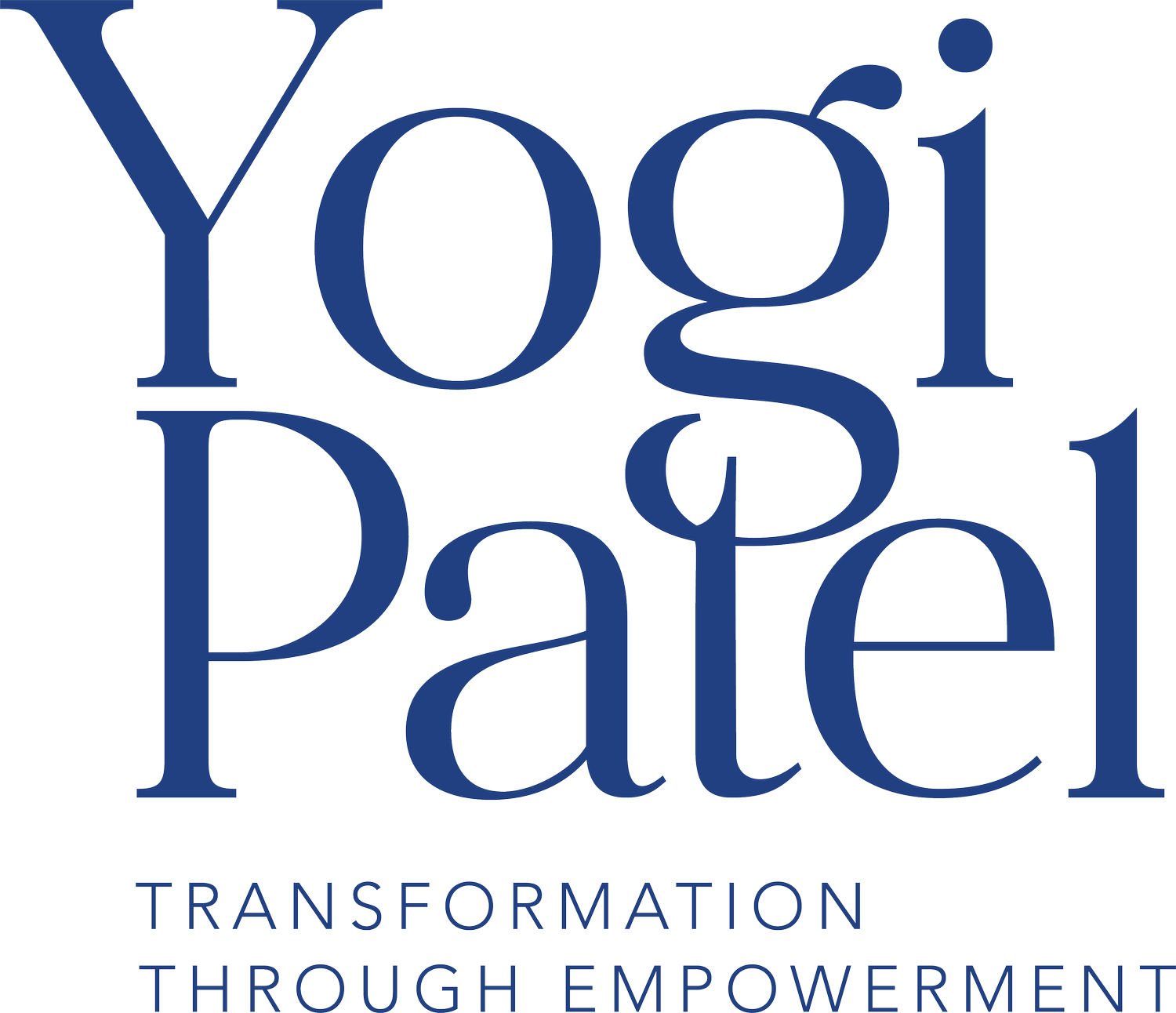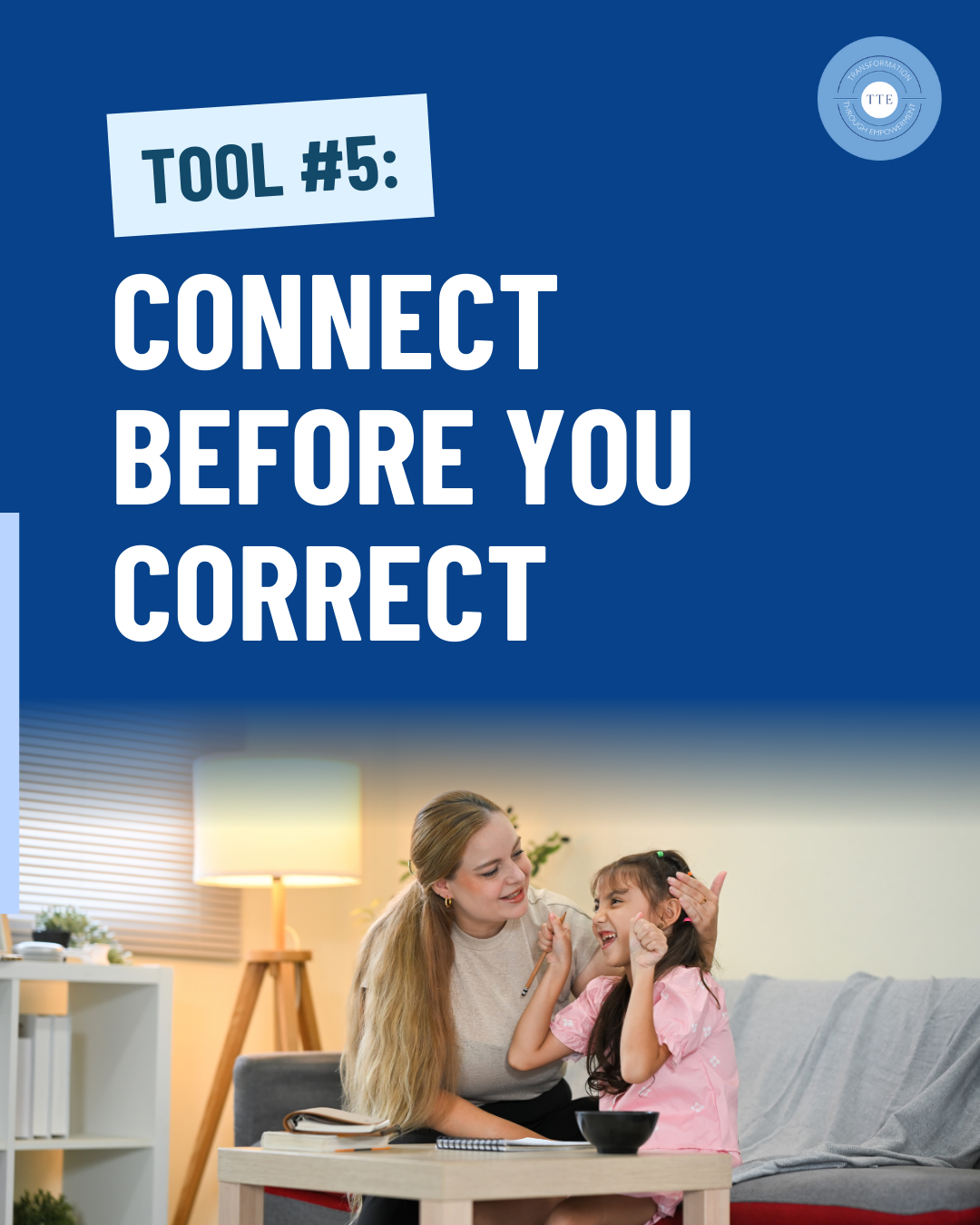
Connection Before Correction
Before correcting a child’s behavior, pause and connect. When children feel safe and understood, they are more open to listening, learning, and problem-solving together.
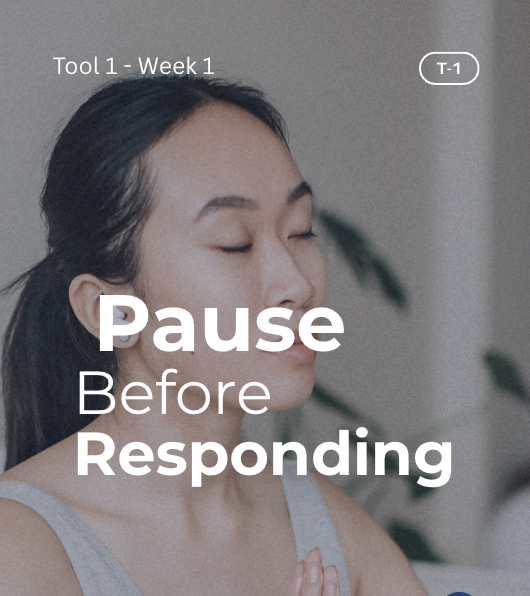
Tool 1: Pause Before Responding
When emotions run high, our responses shape the moment.
This week’s tool invites parents and educators to pause before responding, creating space for safety, connection, and thoughtful choice. One small pause can shift an entire interaction.
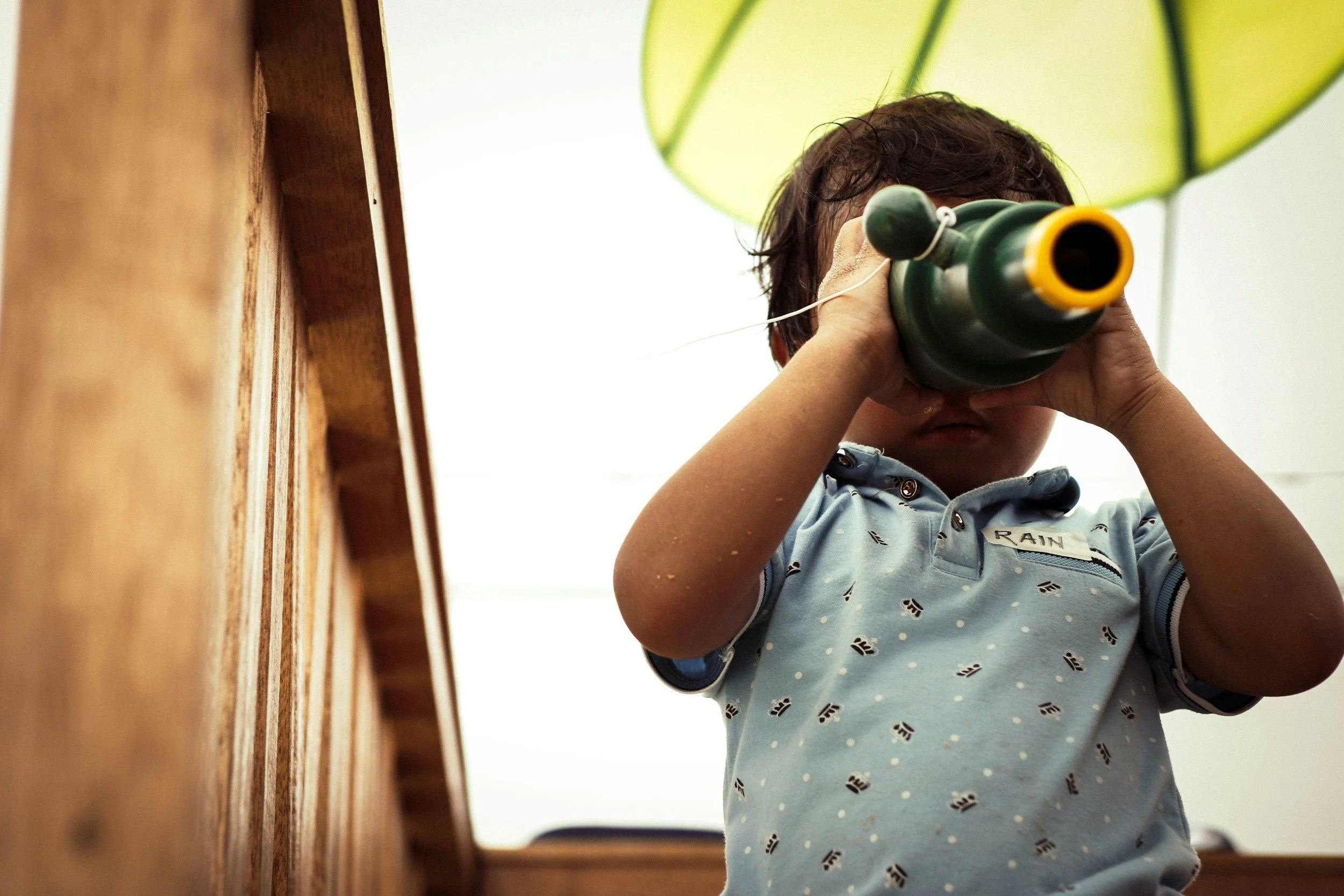






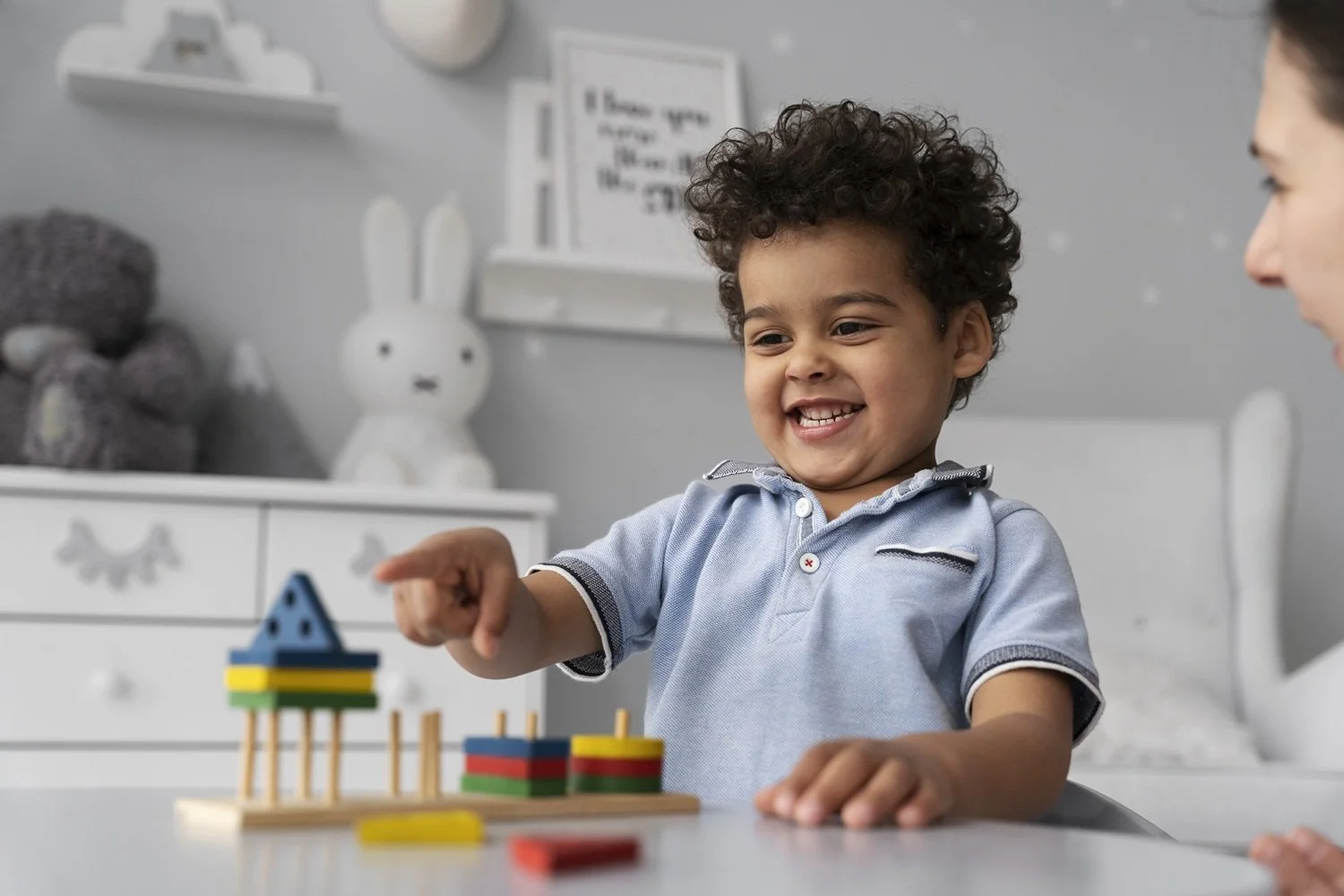
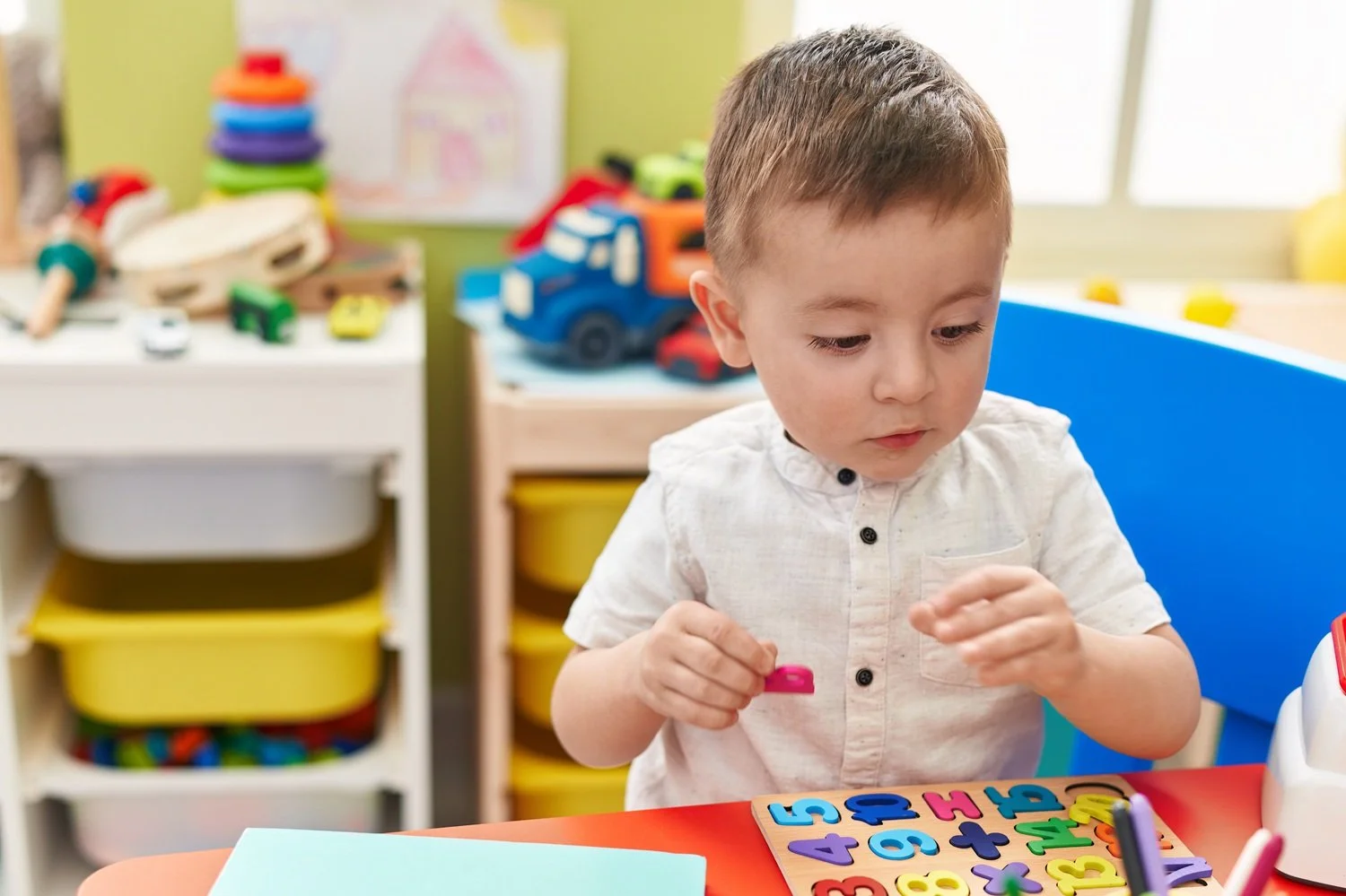




How to Be a Better Parent Without Yelling: A Positive Discipline Approach
Parent Without Yelling




What is Positive Discipline in Education?
For education to become nurturing and effective, the environment has to be conducive for both students and teachers. Education, as positive discipline, is a structured yet compassionate approach that enables teachers and parents to guide children's behaviour with mutual respect, responsibility, and problem-solving roles. In this blog entry, we shall discuss positive discipline: its definitions, its fundamental principles, and how it can benefit students and educators alike.
Understanding the Positive Discipline Concept
Positive discipline can thus be defined as an educational approach where punishment is ruled out. Children are taught the life skills they need through encouragement and guidance, along with logical consequences. According to Dr. Jane Nelsen, positive disciplinary methods strive toward mutual respect and kindness tempered with firmness so that ultimately children will grow into responsible citizens who can be self-disciplined. Positive discipline differs from traditional punitive systems as it instils the understanding of behaviour in students, whereby they become responsible and learn how to solve problems.
Key Principles of Positive Discipline When implementing positive discipline, educators shall emphasize the following principles:
1. Mutual Respect: Students should be treated kindly, while the dignity with which one acts is maintained.
2. Encouraging-Not-Praising: It should emphasize efforts to improve concerning outcomes.
3. Logical Consequences: Children should be encouraged to appreciate the effects of their actions and be responsible for them.
4. Communication: In guiding children's behaviours, use clear, respectful, and firm communication.
5. Problem-Solving Skills: Teach students how to settle conflicts and choose responsibly.
6. Caring Relationships: Foster a connection between teachers and students so that trust can develop in the environment.
Positive Discipline in Education Benefits:
For Students:
- Encourage self-discipline and a sense of accountability.
- Develops skills in problem-solving and critical thinking.
- Boosts self-esteem and confidence.
- Offers a supportive and respectful learning environment.
For the Educator:
- Minimize the behavioural problems and class disruptions.
- Improve the teacher-student relationship.
- More cooperation and active class participation.
- Contributes to an educator feeling more in control and less stressed.
Thus, the classrooms will be converted into spaces of safety, respect, and motivation for learning for students by employing positive discipline strategies.
Methods to Implement Positive Discipline in the Classroom
If you are an educator or caregiver intending to introduce positive discipline into your teaching approach, here are the simple steps to do it:
1. Communicate Expectations.The classroom rules should be such that they are fair and consistent and, at the same time, quite easy to understand. For students to take accountability, make sure to involve them when establishing and communicating the processes
2. Logical Consequences Instead of punishment, logical consequences allow students to understand the effects of their actions. If, very commonly, for example, the student forgets homework, he probably has to spend part of the break completing his assignment rather than being punished severely.
3. Encourage Positive Behaviour.Recognizing students' efforts as well as improvements, rather than just success, supports the actual act of motivating learning for proper behaviour in children.
4. Develop Problem-Solving Abilities
Teaching students how to resolve conflicts and make responsible decisions is part of how to develop problem-solving skills. Encourage them to set up discussions and enact role plays so that they can learn how to handle various situations well.
5. Be patient and consistent.
The characteristics of positive discipline do not occur suddenly but require time and energy to bring about changes. Thus, being patient with it and taking consistent action are important for establishing positive behaviours and habits.
Certification in Positive Discipline for Early Childhood Educators
To further complement your understanding or practice in positive discipline, enrolment in the Positive Discipline for Early Educators at Yogi Patel TTE is the outstanding choice if you are an educator, school administrator, or childcare provider.
📞 Call Now: (619) 356-1149
👉 Sign Up Here: Yogi Patel TTE - Positive Discipline Course
Join us today and take the first step toward transforming your classroom using positive discipline techniques!

Engagement Isn’t Fluffy—It’s Financial
We love to talk about culture like it’s a mood. But vibes don’t solve conflict. In this first part of my leadership series with Ricardo Cuellar, we uncover why true culture is what people do when no one’s watching—and how leaders can shape it with structure, not just style.

